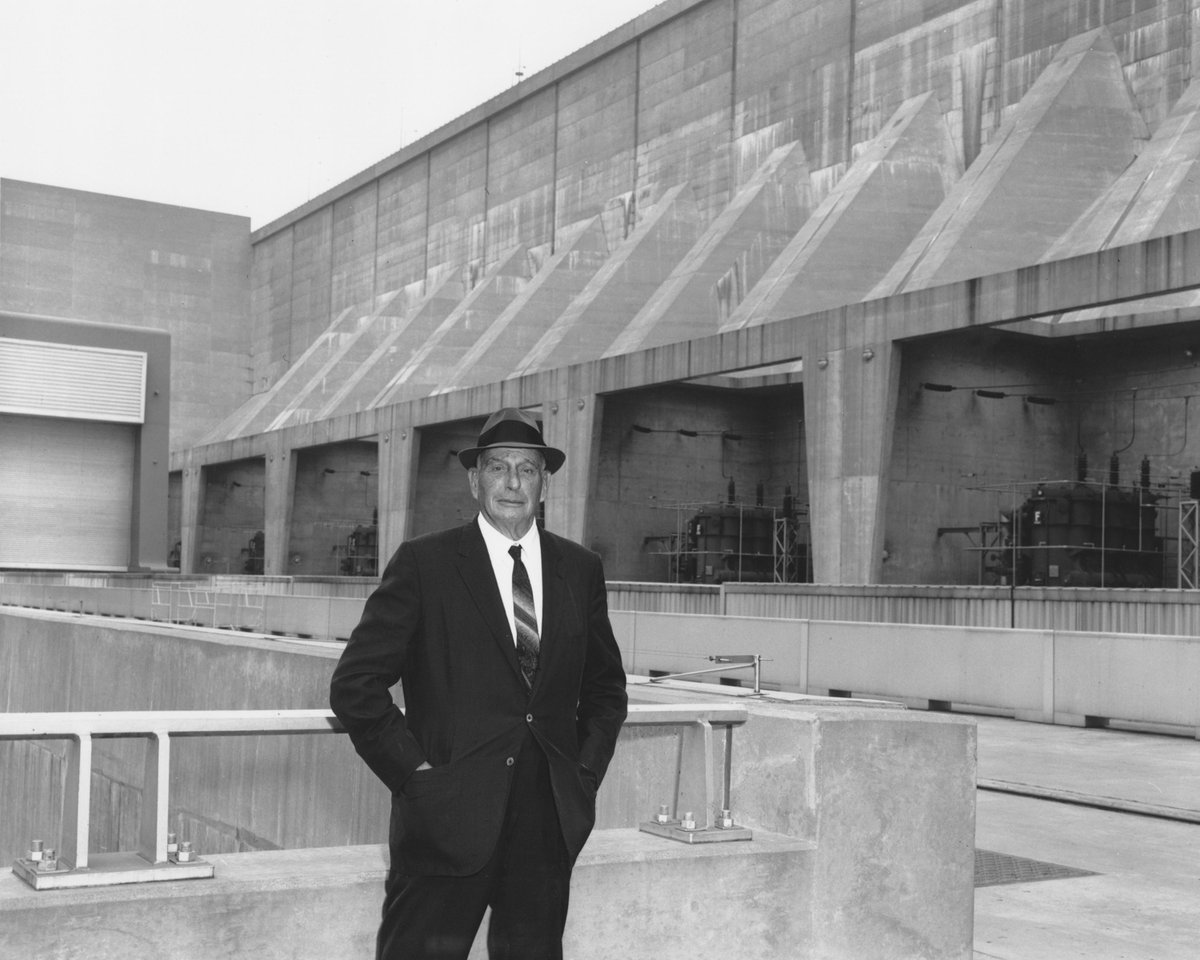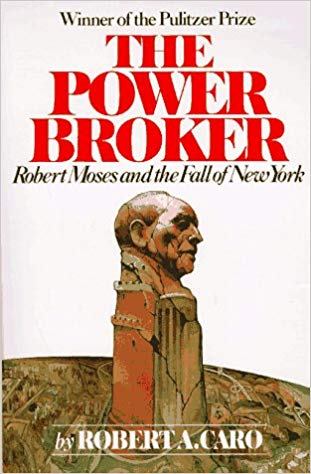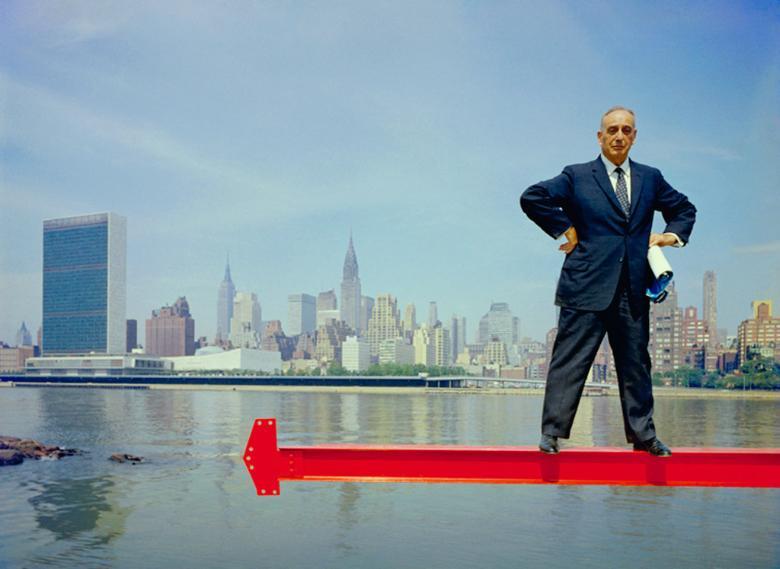Chapter 14 – Changing
Bob Moses had changed from an idealist to a pragmatist, one whose interest was primarily in power. Many people became to suspect that Moses was interested in power as an end in itself. However, even they had only scratched the surface of his ambition, driven by the character of his mother and grandmother. He was Bella Moses’s son, with his own version of her arrogance and sense of infallibility. Now he had power this flowered into full bloom.
His contempt spread from the general public to state legislators.
Moses began to conflict with the more elderly parks commissioners whose idea of parks were more inclined towards conservation rather than recreation. Moses had needed their backing during the last few years, but now they had become surplus to requirements. Moses now ensured that all requests for funds now had to go through the States Parks Council, previously seen as merely an advisory body and in effect, through Moses as its chairman. Moses has taken their promised control of local parks away from them. The old park men tried to replace Moses as chairman, but they discovered that the council had a majority of Smith placemen, and so Moses stayed.

Moses’s arguments with the old park men became less and less about parks philosophy and more about Moses’s desire for power and control. An example of this was the fight over the Niagara State Park and its commission’s representatives, Judge Clearwater and Ansley Wilcox. Both parties were in agreement on the need to increase the speed of development and enlargement. The only disagreement was over who should be in charge of this development. Moses saw this as a threat to his overall control.

Moses attempted to appoint an executive director of the Niagara Parks Commission. The Commission refused. Moses then called a meeting of the Parks Council to investigate a deal for land that the Niagara Commission had made with the local power company. Moses tried to imply that the deal was in favour of the power company. Despite assurances of the Niagara Commission’s innocence during the meeting and the subsequent report which exonerated them, Moses continued to hound the old men on the Commission, charging Wilcox with discourtesy by falsifying the tone of an exchange of letters and trying to remove his opponents from the Commission with charges that they were dysfunctional. By a strategy of wearing the old men down, Moses eventually gained the control he desired. With the help of Governor Smith, to whom the development of parks was a vote winner, Moses had turned parks into a lever for power.
Analysis & Key Takeaways
Robert Moses Titles with 4 year overlapping terms from 1924 to 1975:
- Long Island State Park Commission (President, 1924–1963);
- New York State Council of Parks (Chairman, 1924–1963);
- New York Secretary of State (1927–1928);
- Bethpage State Park Authority (President, 1933–1963);
- Emergency Public Works Commission (Chairman, 1933–1934);
- Jones Beach Parkway Authority (President, 1933–1963);
- New York City Department of Parks (Commissioner, 1934–1960);
- Triborough Bridge and Tunnel Authority (Chairman, 1934–1981);
- New York City Planning Commission (Commissioner, 1942–1960);
- New York State Power Authority (Chairman, 1954–1962);
- New York’s World Fair (President, 1960–1966);
- Office of the Governor of New York (Special Advisor on Housing, 1974–1975).
- Moses seemed to love power as an end in and of itself. However, it was really his grandma talking.


